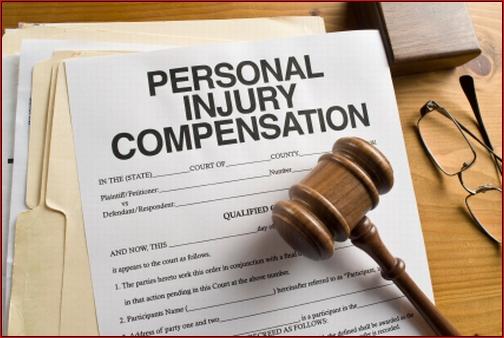
Settlement in Personal Injury Case Reviews
You have been injured, though not through your own fault. Your insurance company offers to settle with you. It appears like an affordable amount of money, but how can you make sure? Maybe your injury is slight, and your hassle very little. But how can you know that you will not experience long-lasting injury? How do you understand that the settlement will last until you are made whole or can return to work? Or perhaps your injuries are more extreme. How can you be certain that your settlement will take care of your short-term and long-lasting needs? If you need legal assistance regarding personal injury in Lubbock, you can check our reviews by clicking the link.
Settlement can consist of funds to cover physical injuries such as medical facility costs, physician's expenses, corrective treatment and other such costs. It can also consist of funds to cover psychological injuries such as anxiety arising from the injury, post-traumatic tension symptoms, or dealing with the loss of a limb or other disastrous injury.
Claims submitted through the civil courts can be divided into two classifications - budgeting and non-pecuniary. Pecuniary damages are those that can be easily computed such as medical expenses or lost earnings. Non-pecuniary damages are more esoteric, such as discomfort and suffering.
According to the Judicial Studies Board, several aspects are thought about when rendering judgments regarding discomfort and suffering. These factors can include:
Nature of the Injury - The injury must have a physical or mental basis. Just being dissatisfied does not constitute pain and suffering.
Seriousness - The discomfort and suffering triggered by a broken back differs considerably from the pain and suffering caused by a bruised rib.
Duration and Prognosis - The judge will take into consideration the length of time that the injury has affected and will continue to impact the complaintant and the probability that he will recuperate.
Impact - The impact of an injury that will no longer allow one to wear stiletto heels in far lower than the impact of an injury that will leave one unable to walk.
Awareness - This factor can be challenging. It does not needed mean whether the individual is "mindful" of any deprivations caused by his injury, though such awareness can play a part in the judge's decisions. Nevertheless, if the injury resulted in the claimant going from a healthy, vibrant, productive human being to being in a vegetative state, it can be said that he has actually been deprived of specific things as a result of his injury, despite the fact that he may not actually have the mental capacity to be familiar with those deprivations.
In addition, the judge will consider the likelihoods of the plaintiff's future earnings instead of the possibilities. For example, if the plaintiff's hand is crushed, he can not claim that he is not able to pursue his life-long imagine being a performance pianist (although he has never played the piano) and claim as future damages the wages of a show pianist.
Provided all the variables that are considered in a claim for discomfort and suffering, the suggestions of a personal injury lawyer Lubbock may be the best assistance to ensure that your injuries are correctly acknowledged which you are effectively compensated for both your short-term and your long-lasting losses.

